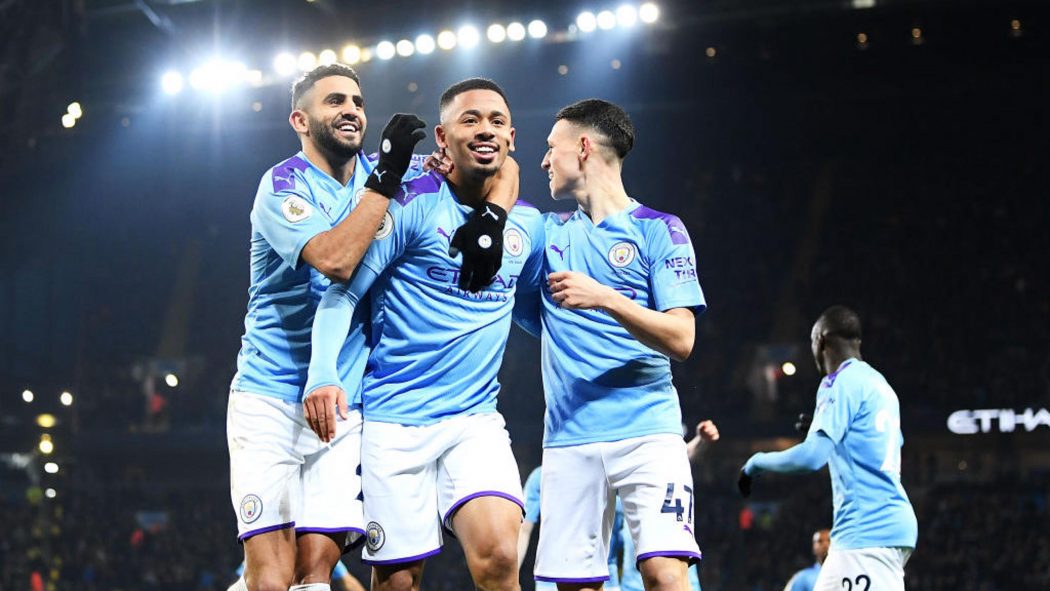Football clubs have predominantly been known to be trophies for billionaires and heirs to dynasties who have made their fortunes in various industries. Boosting their egos and statures, the motivations behind their purchases usually track with that billionaire love for ‘winning and egotistical grandstanding’. In most cases, billionaire owners often have to put a lot of resources into their newly acquired toys from buying talented players, hiring managers of a high-caliber and improving existing club facilities in the quest for league titles and domestic cup trophies. This was seen at Chelsea Football Club when the Russian Oligarch, Roman Abramovich first showed up in the Premier League in 2003. Since the he has invested a cumulative total of $1.5bn into the club with ten major trophies to show for his investment. More recently, there’s been a surprising shift in the landscape as Private Equity firms, notoriously known for buying undervalued businesses they can improve through cutting costs, trimming underperforming divisions and reconfiguring operations to improve efficiency, plunge into these treacherous waters. This is prevalent at so called lesser clubs who have not fully commercialised their football operations to the same extent as their larger rivals, an example being Manchester United, which has amassed over 20+ global partners paying top dollar to be associated with the illustrious Manchester United brand.
Private equity firms are attracted to football clubs because of their stable & predictable cash-flows coming from broadcasting revenue, matchday sales, and merchandising. It remains to be seen how clubs will weather the storm that the pandemic which has essentially wiped out Matchday sales and reduced payout from broadcasters. Another lucrative source of revenue is the transfer of players – transfer fees have skyrocketed over the last number of years with the current transfer record being held by the Brazilian Superstar Neymar after his $263m move from Barcelona to Paris-Saint Germain. A combination of robust scouting networks to unearth hidden talents and burgeoning youth academies provide a steady pipeline of talent that can be sold at high transfer fees to provide clubs with another source of income. Clubs like Borussia Dortmund and AS Monaco, two clubs who have perfected the craft of unearthing rare gems and selling them at outrageous transfer fees, are potential targets for buyout firms looking to deploy their dry powder, which is currently sitting at $1tr according to a report by Management Consultancy firm Bain & Co. Transfer fee revenue could be used to pay the handsome carried interest often sought by private equity firms. PE firms posit that stadium naming rights could be another revenue stream, with only six Premier League clubs having stadium sponsors in the 2018-2019 season, compared to 16 in the Bundesliga.
In the Premier League, Silver Lake Partners, a global leader in technology investing known for bold and audacious bets (such as their investments in Skype and Dell), purchased a 10% minority stake in the City Football Group which they aim to hold for 10 years. City Football Group is a holding company with a portfolio of football clubs in major cities around the world, from Melbourne to Manchester City, with the crown jewel of the group being Manchester City Football Club which has won 2 league titles in the last three years. The 10% investment by Silver Lake led to post-money valuation of just under $5bn, making City Football Group one of the largest football entities in the United Kingdom. The strategic rationale for the deal, according to the City Football Group Chairman, Khaldoon Al Mubarak, is to combine their intellectual capital in football and technology to generate long-term growth through acquisitions and deploy technology in their operations to position the Group as a leader in the football world.
In France, Toulouse FC has been acquired by RedBird Capital Partners, with private equity firm led by former Goldman Sachs Partner Gerry Cardinale purchasing an 8% stake in the club. The rationale for the deal is similar to Silver Lake although Toulouse is much smaller fish, with Red Bird seeing Toulouse FC as being undervalued with enormous growth potential. Unfortunately for Red Bird, Toulouse has been relegated from France top-flight league and they will have to invest heavily into the club to see them play in Ligue 1 in the near future. The risk of relegation is of course one of the downsides of purchasing football clubs, given the lack of coverage of lower leagues by broadcasters and the media which ultimately leads to lower revenues from TV rights, which are the bloodlife of many football clubs. Cardinale plans to focus on developing talented youngsters who can later be sold for higher transfer fees and to use the power of data analytics to improve their football operations.
With club finances still reeling from the financial impacts of the pandemic such as a dip in matchday revenue and rebates by broadcasters it remains to be seen whether they are still attractive to potential buyers in the form of Private-equity firms. Eventually life will return to normalcy and clubs will not be in precarious situations as they are now and will be attractive once again. With record amounts of dry powder and a small pool of potential targets, the appeal of stable cash flows and the numerous revenue streams is too much for private equity firms to resist.








